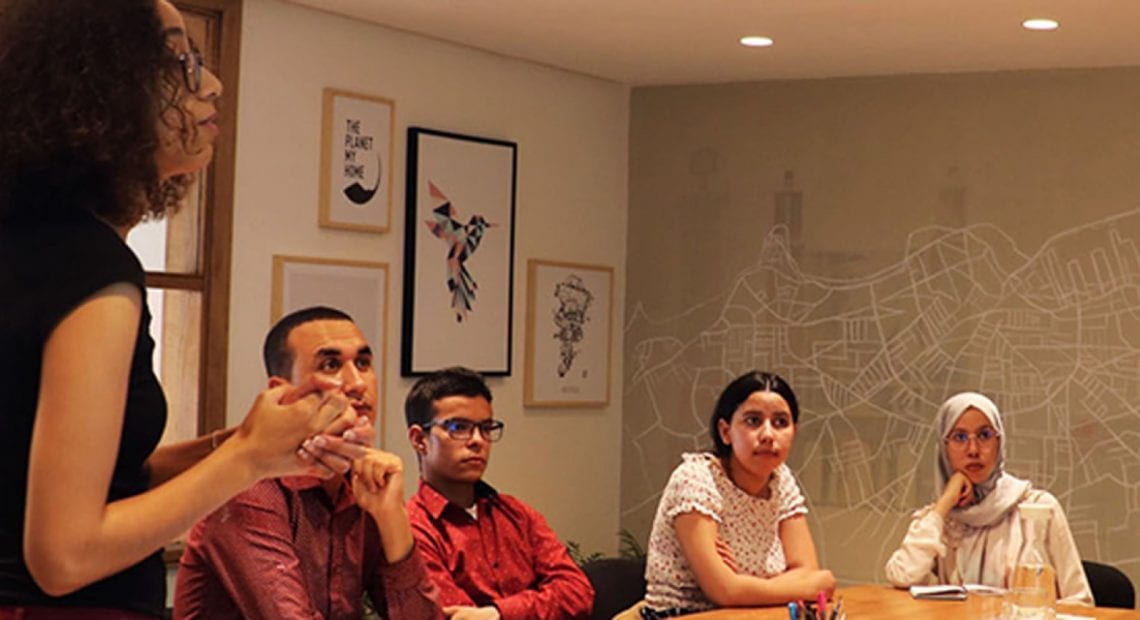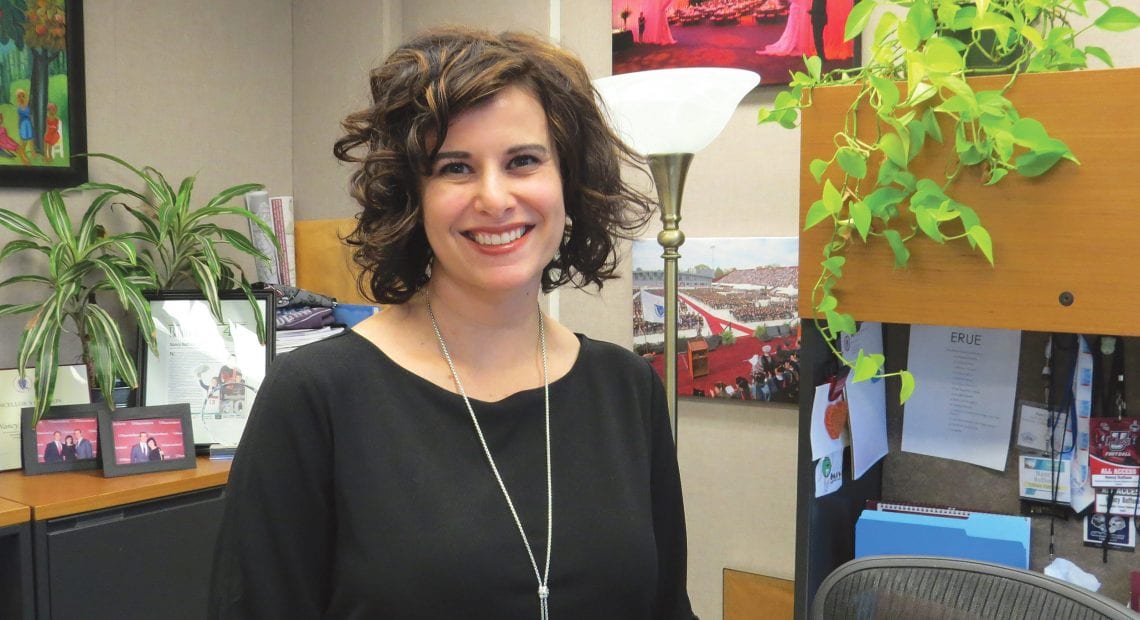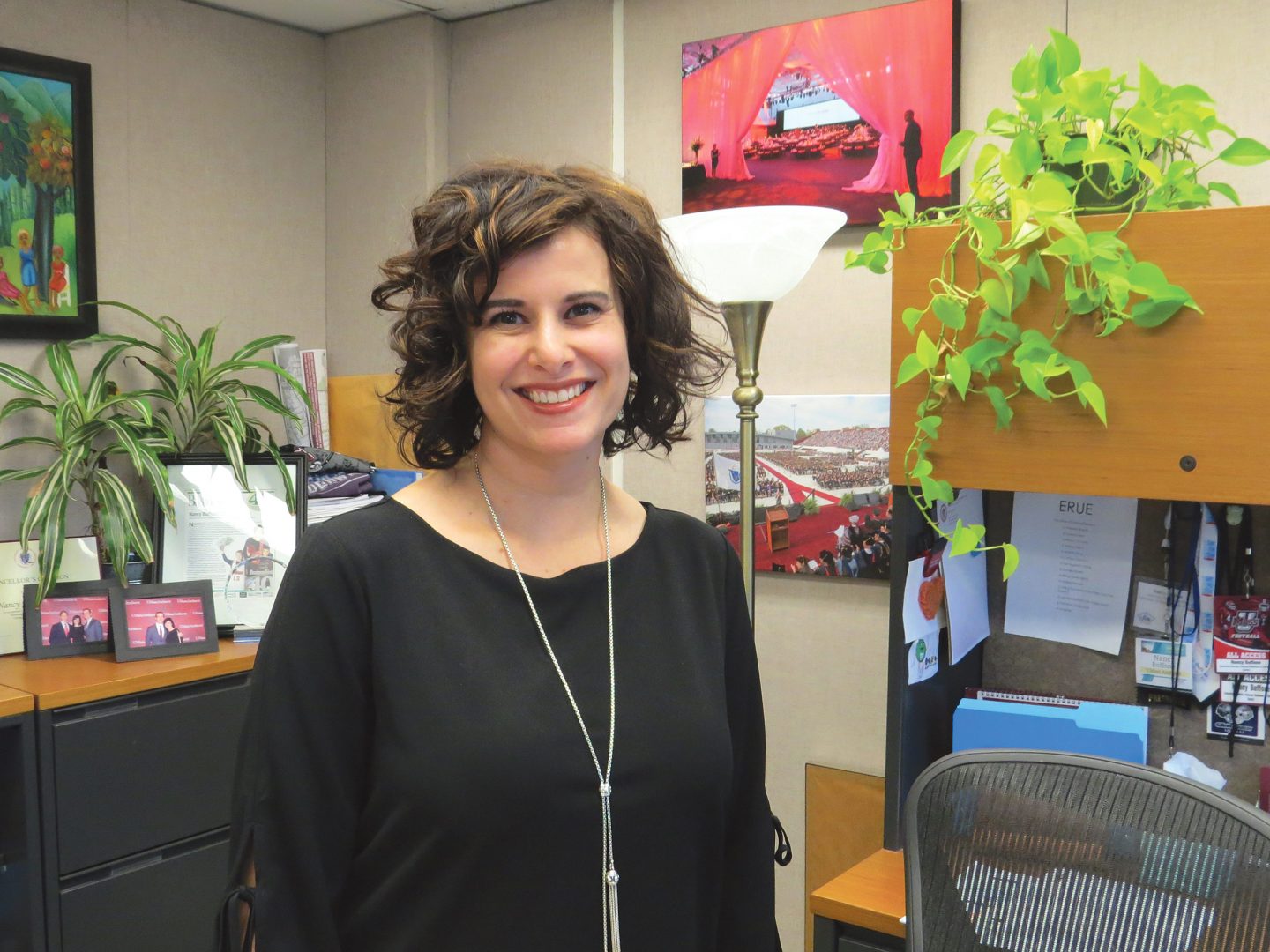Professional Development
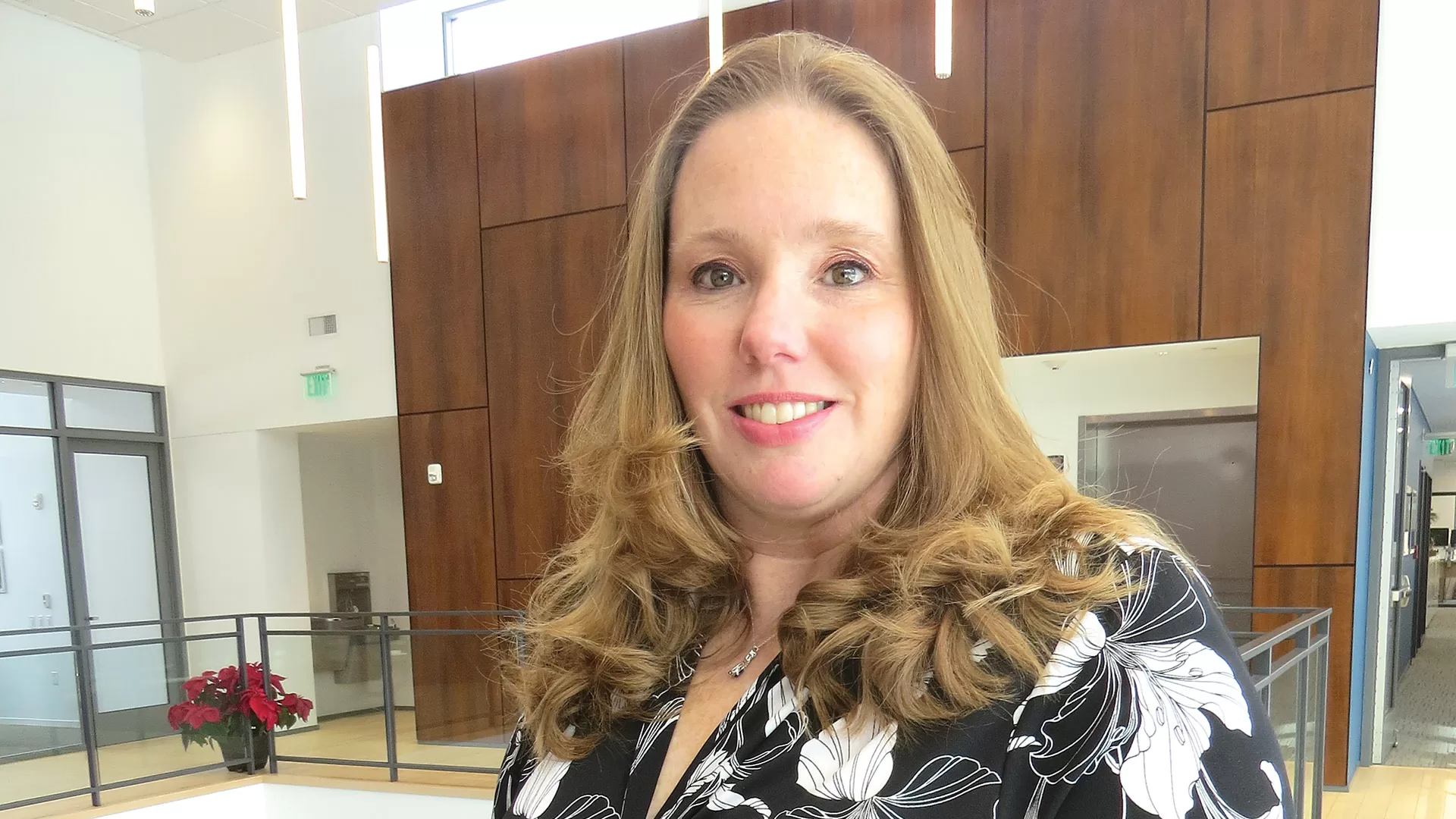
Jennifer Law says the class in effective business writing has been a benefit to employees across the O’Connell Companies.
Jennifer Law recalls that, when she scheduled a course in effective writing for employees at the O’Connell Companies, there was some skepticism and a few moans and groans.
“I think many of them went into this thinking, ‘this is going to suck,’ or ‘I have to sit through this for a day,’” she said, adding that, as the course unfolded, and certainly when it was over, the responses were much different.
“They were all very thankful, and we got some great emails on how much they learned and how much they enjoyed the class,” said Law, controller for the company, adding that many of these emails were certainly better-written than those in the weeks, months, and years before this class, which was titled “Business Writing Excellence.”
And that was the point of the exercise.
Indeed, Law, who remembers emails and other correspondences being red-inked (literally) by a supervisor at a previous employer who spent years as a teacher, said she certainly became a better, more effective communicator because of those experiences.
“I learned so much from his doing that; it got ingrained in my brain,” she explained. “And when I read something from someone else that’s not right, that’s bouncing back and forth from tense to tense, isn’t cohesive, that doesn’t answer all the questions — that frustrates me.”
Enough for her schedule “Business Writing Excellence,” offered by the Employers Assoc. of the NorthEast (EANE), last summer. The class drew 20 employees from all levels of the company, including Matt Flink, president of Appleton Corp., one of the O’Connell Companies, as well as accountants, site managers, and others.
“When I read something from someone else that’s not right, that’s bouncing back and forth from tense to tense, isn’t cohesive, that doesn’t answer all the questions — that frustrates me.”
The common denominator was that each wanted to understand how to communicate better and more effectively, said Law, adding that this need crosses generations, but is perhaps more apparent with younger generations that have grown up texting and, quite often, taking shortcuts when trying to get their message across.
And in the business world, shortcuts can lead to poor communication, misinterpreted messages, lost time, lost productivity, and more, she noted.
That’s why EANE offers this course, said John Henderson, director of Learning and Development for the agency, as well as another titled “Emails: That’s Not What I Meant,” an aptly named, increasingly popular course on a subject of growing importance to companies of all sizes — helping employees craft better, more effective emails.
“That class gets into not just content, but also the tone of the email and understanding who your audience is,” Henderson explained. “We all know that emails are often misread or misinterpreted by the reader, so we have a specific course on email writing.
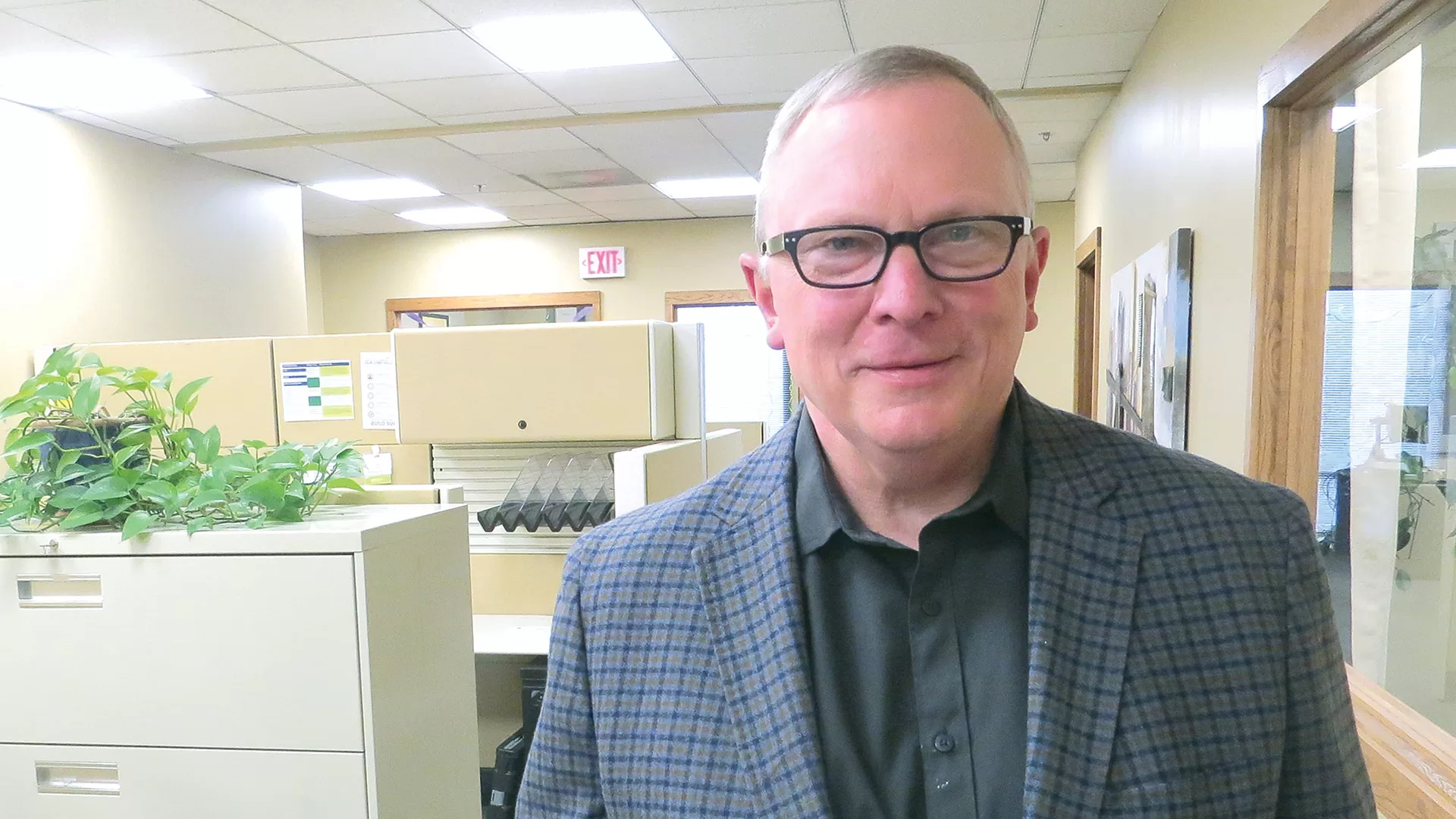
John Henderson says the biggest mistake most make with email is hitting the ‘send’ button too soon.
“With any kind of communication, whether it’s email, writing, a phone call, face-to-face,” he went on, “to be an effective communicator, it helps to know who your audience is and be able to create the message in a way that will effectively work with as many people as possible.”
For this, the latest installment in its series on professional development, BusinessWest takes an in-depth look at this specific need, but also at the broader issue of communication in the workplace and why employees at all levels need to find the ‘write’ stuff.
The Latest Word
Law said the O’Connell Companies invest a considerable amount of time and energy hiring the right individuals for positions at all levels of the organization.
But the investments don’t stop there, she said, adding that the company is focused on ongoing training and education aimed at giving employees the tools and the means to do their work — and serve its many different kinds of clients — effectively.
This training covers many areas, including communication and the EANE course in business writing, she said, adding that the class dealt not in the abstract, but rather with actual emails and other correspondences sent by participants, which were reviewed and critiqued, with an eye on grammar, but also on tone and simply getting the intended message across.
As noted earlier, problems with all of the above are common with employees of all ages, said Law, but especially the younger generations that grew up texting.
“These are people who always lived in that world of technology and texting and short, cut-off responses,” she said. “When you come into the business world, that doesn’t work anymore, and you see that this is how they’re communicating — very short, unclear, not thorough … and then the receiving person gets that message, and they’re confused, and it spirals into miscommunication.”
Elaborating, she said tone can be lost not only in texts, but also in emails, and improper tone can lead to a number of problems.
“These are people who always lived in that world of technology and texting and short, cut-off responses. When you come into the business world, that doesn’t work anymore.”
Henderson agreed, which is why EANE offers both the “Business Writing Excellence” class, one that more than 20 area companies have presented to employees, and “Emails: That’s Not What I Meant.”
The latter was created prior to COVID, but it became more timely, and even more important, during the pandemic, when face-to-face meetings became all but impossible and email became the chosen way to communicate — and often do business.
Henderson told BusinessWest that people make many mistakes with email, but perhaps the biggest is hitting the ‘send’ button too soon. By that, he was referencing everything from checks on grammar to a review of content to making sure the email is going only to its intended recipients.
“People rely on email as a rapid response, and they don’t put as much thought into writing an email as they would a letter,” he explained. “People hit the send button too soon rather than go back and reread what they’ve written.”
And when they do go back and reread, email senders should certainly focus on grammar — typos are embarrassing and do not convey professionalism — but they should also look hard to make sure the proper tone is set and that words and phrases cannot be misinterpreted by the recipient.
“If I’m writing an email, before I send it, I should think, ‘the person I’m sending this to, or the people I’m sending this to … how they are going to read this, and are there nuances in there that someone might take to a different interpretation?’” Henderson said. “Or they might look at it as me being rude because I didn’t start the email with ‘good morning.’”
Indeed, one of the bigger mistakes people make is simply not knowing the intended recipient for an email, he noted, adding that understanding the audience is critical to getting the message across and conveying the proper tone.
Elaborating, he said some recipients will like a reference to the weather or a question about how one’s day is going — ‘fluff,’ as he called it — while others are all business and don’t want or need pleasantries.
“Do they want something direct, or do they want something that’s more personable?” he asked rhetorically, adding that the sender should try to know the answer to that question. “We need to think about the recipient and how they want to receive that message; it’s an interesting dynamic when you’re trying to communicate through email.”
When in doubt — and there is a good deal of doubt with many in business who sends dozens of emails a day, often to people they don’t know well — it’s best to be pleasant and throw in a little of that fluff, he told BusinessWest, because not doing so might set the wrong tone.
Getting It Write
Flashing back to the class last summer and a group review of writing samples sent by company employees, Law said it was a tremendous learning experience.
“Everyone was able to reflect back, get those ‘a-ha’ moments, and say, ‘oh, yes, if I only had I said it this way, maybe I would have gotten my point across better.’”
Getting the point across clearly and concisely is one of the more important, if still underappreciated, aspects of doing business, she added.
And it should be an critical component of any employee’s overall professional development.



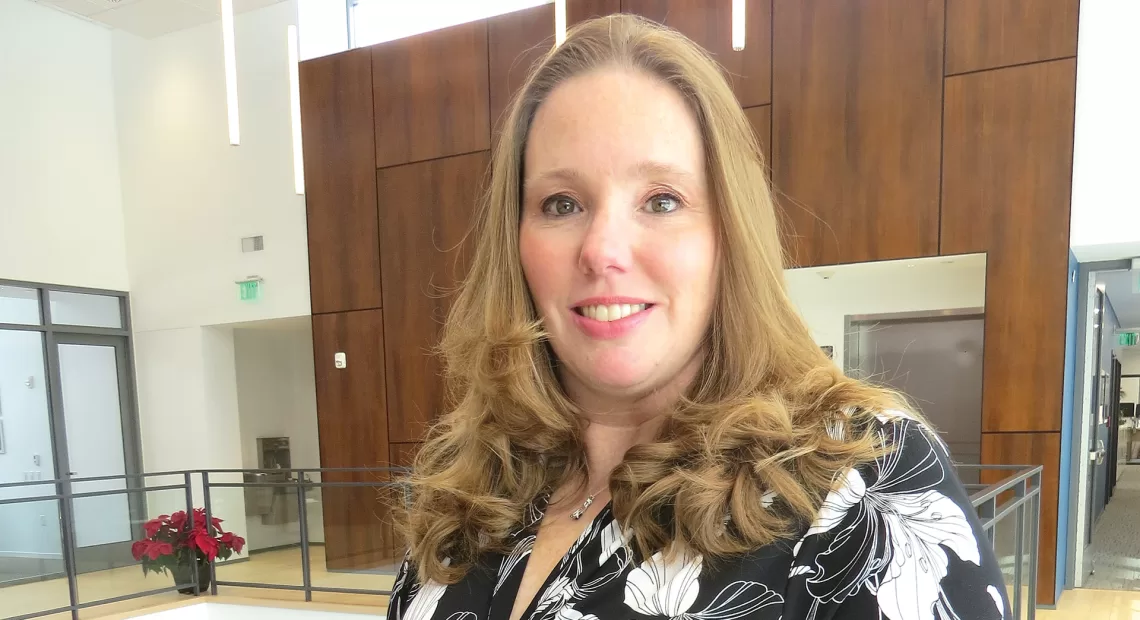
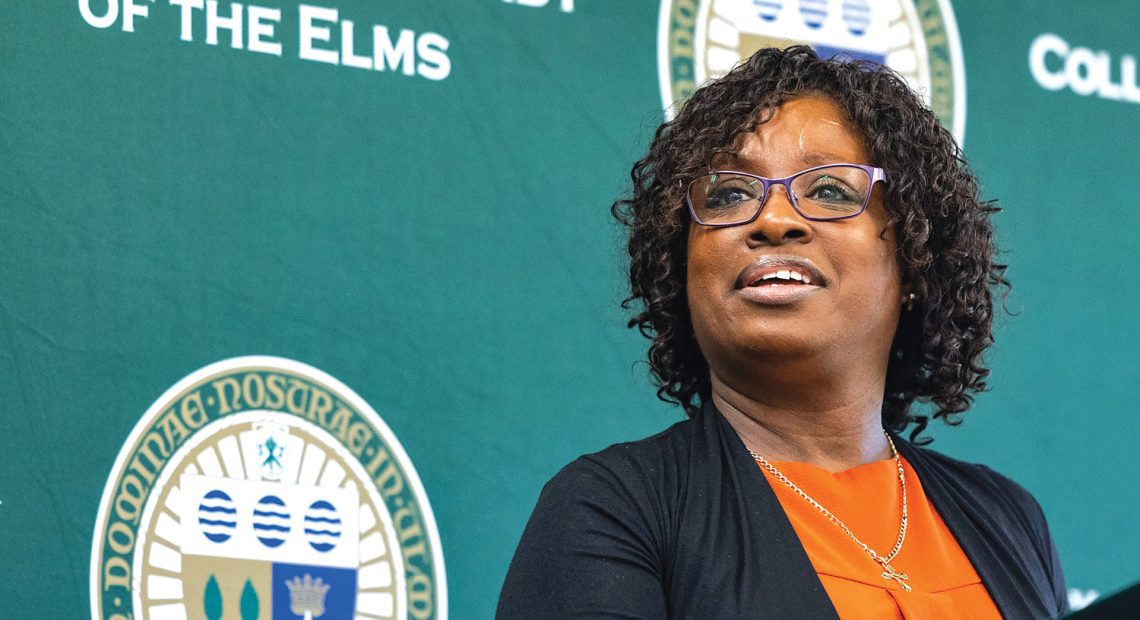
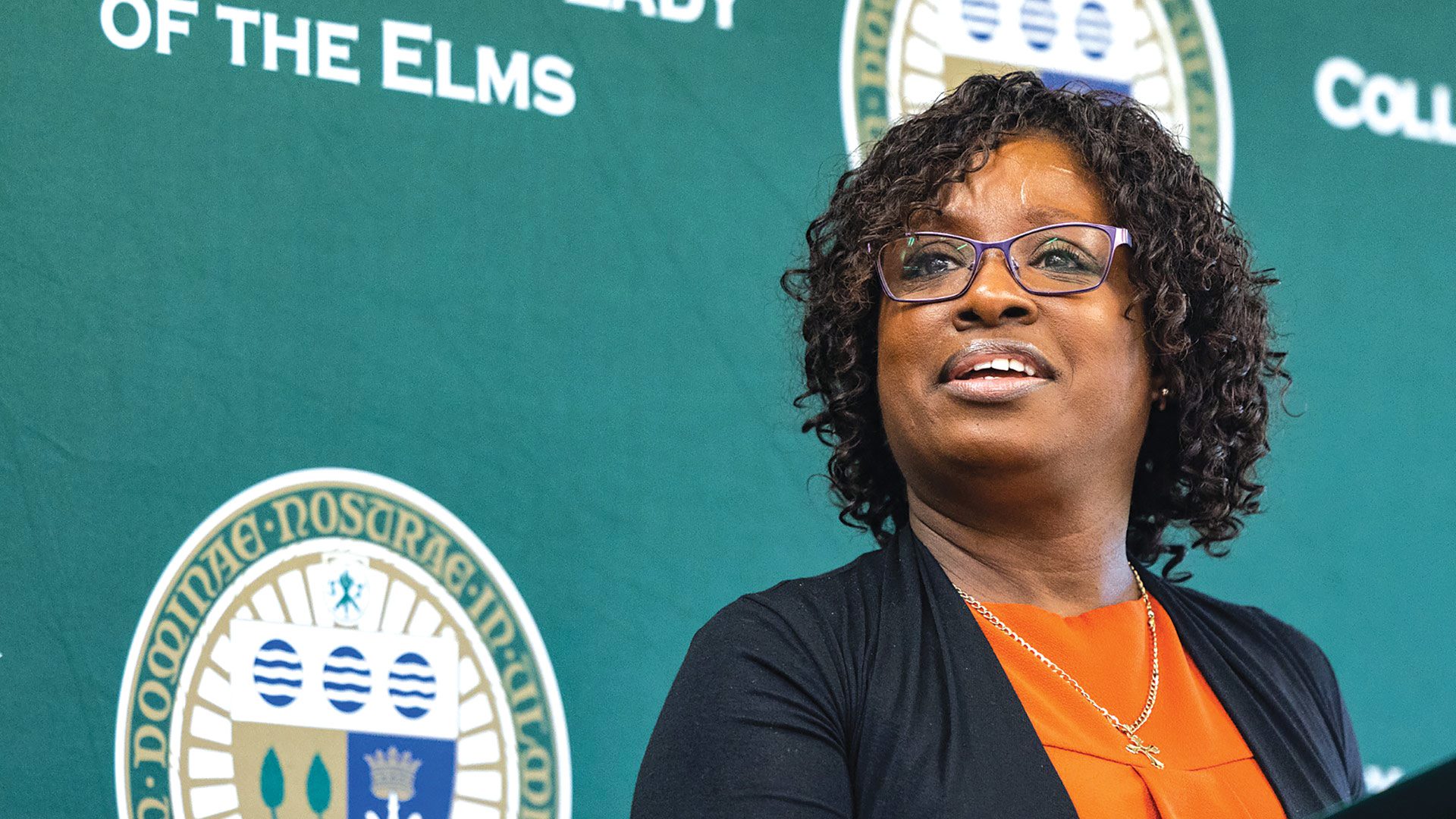
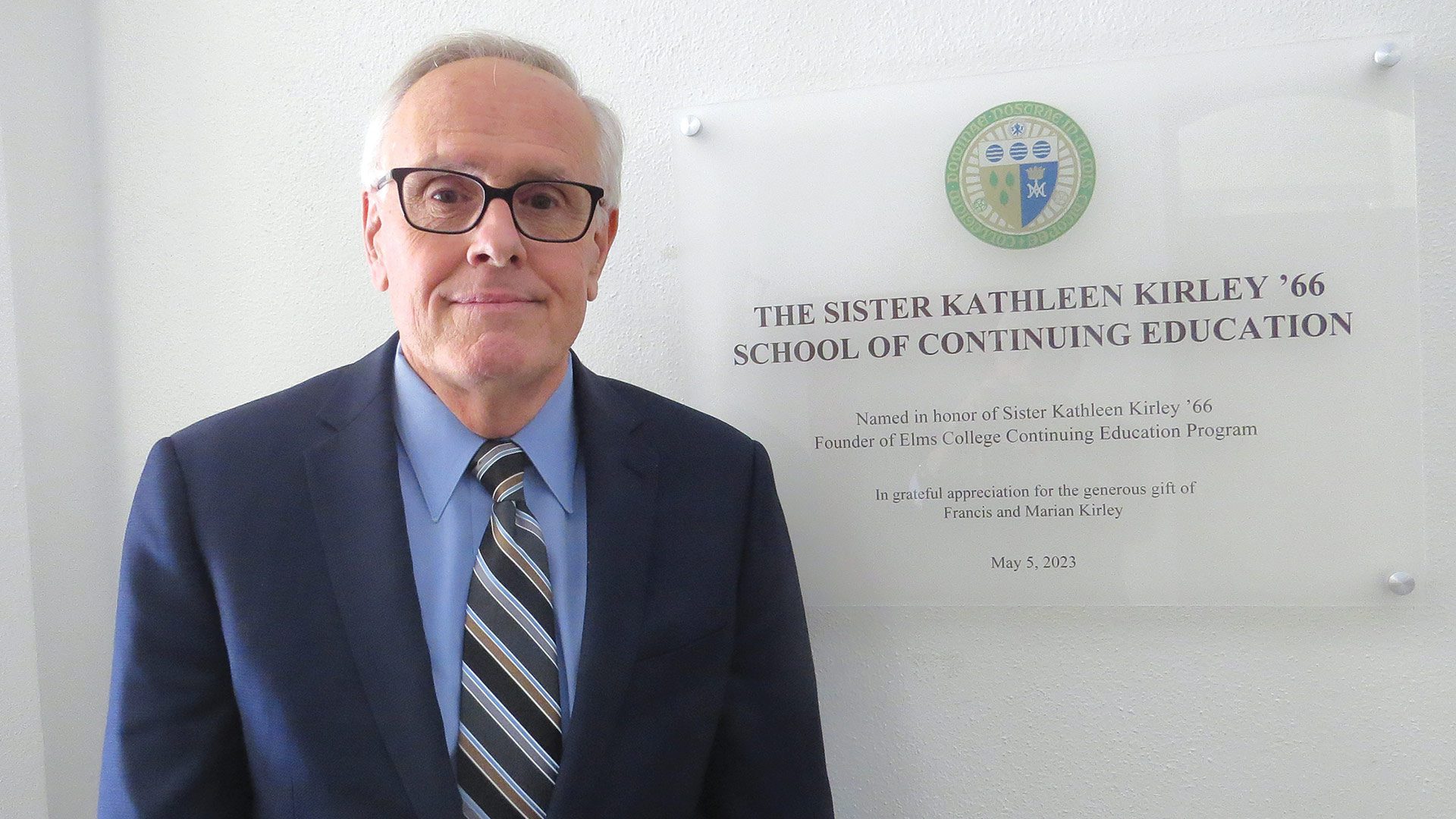
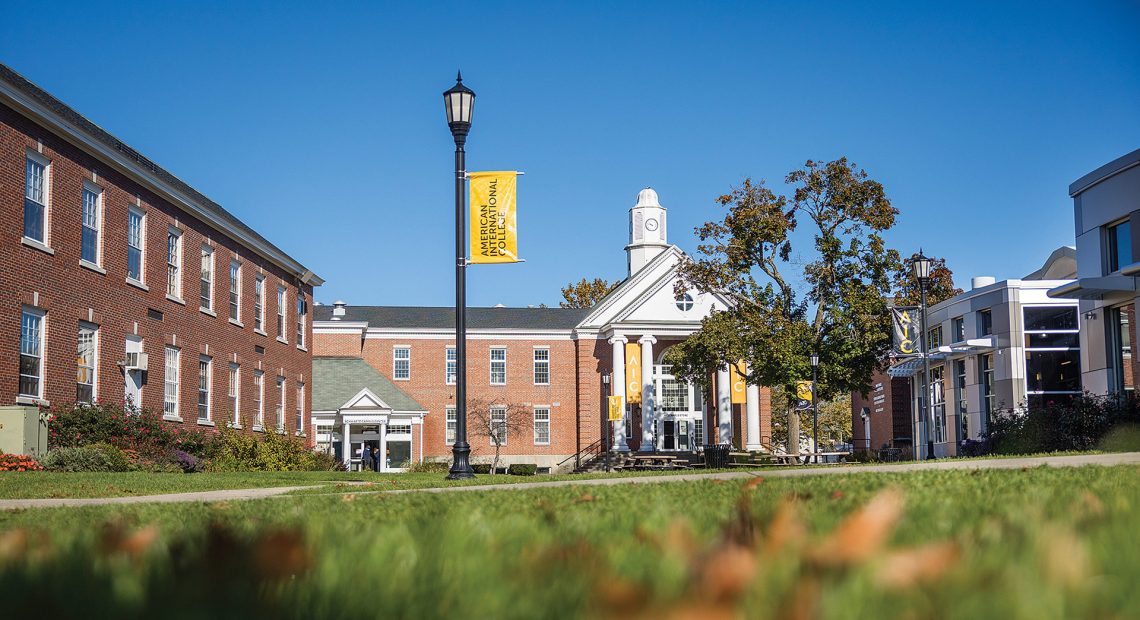
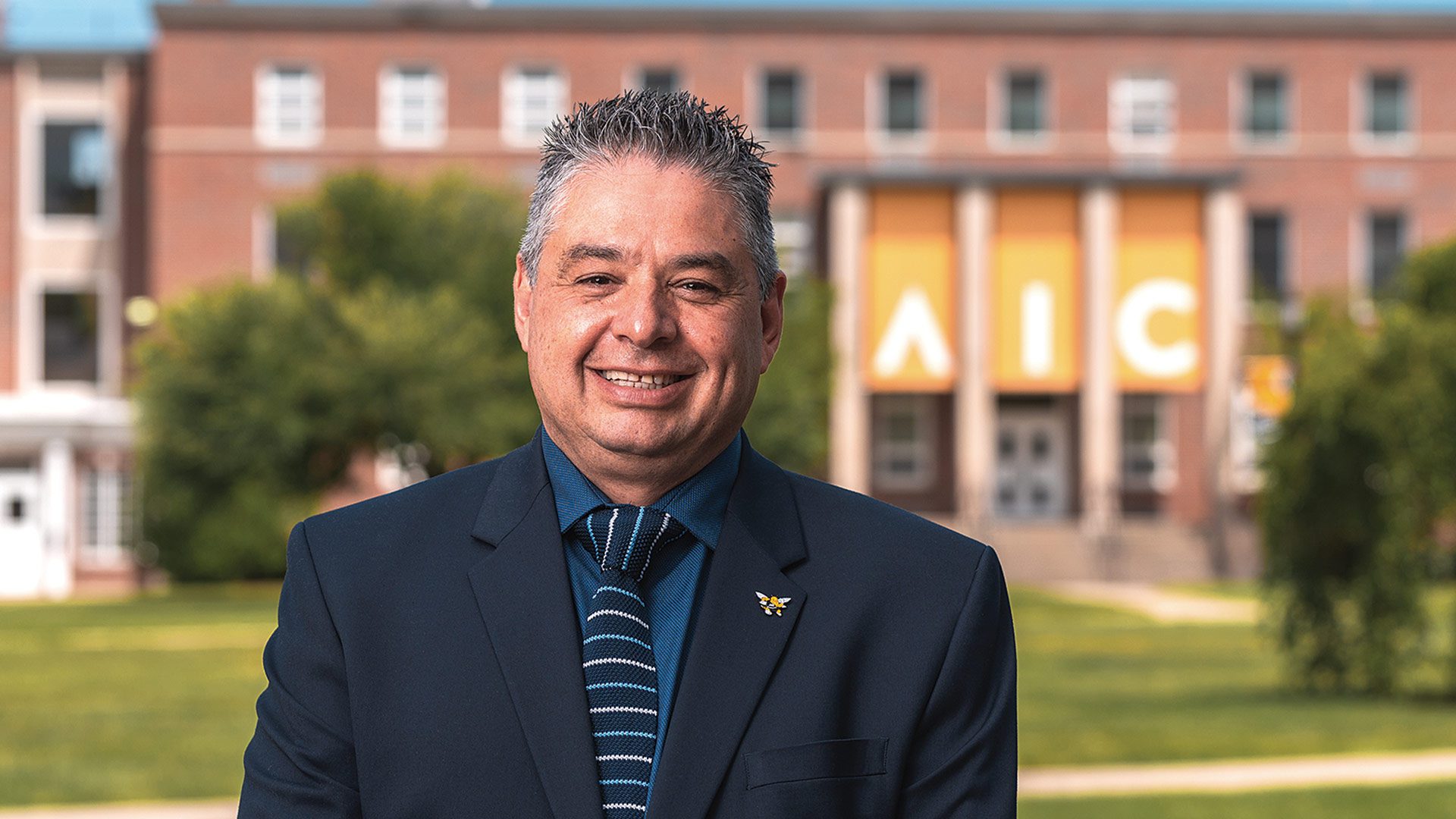
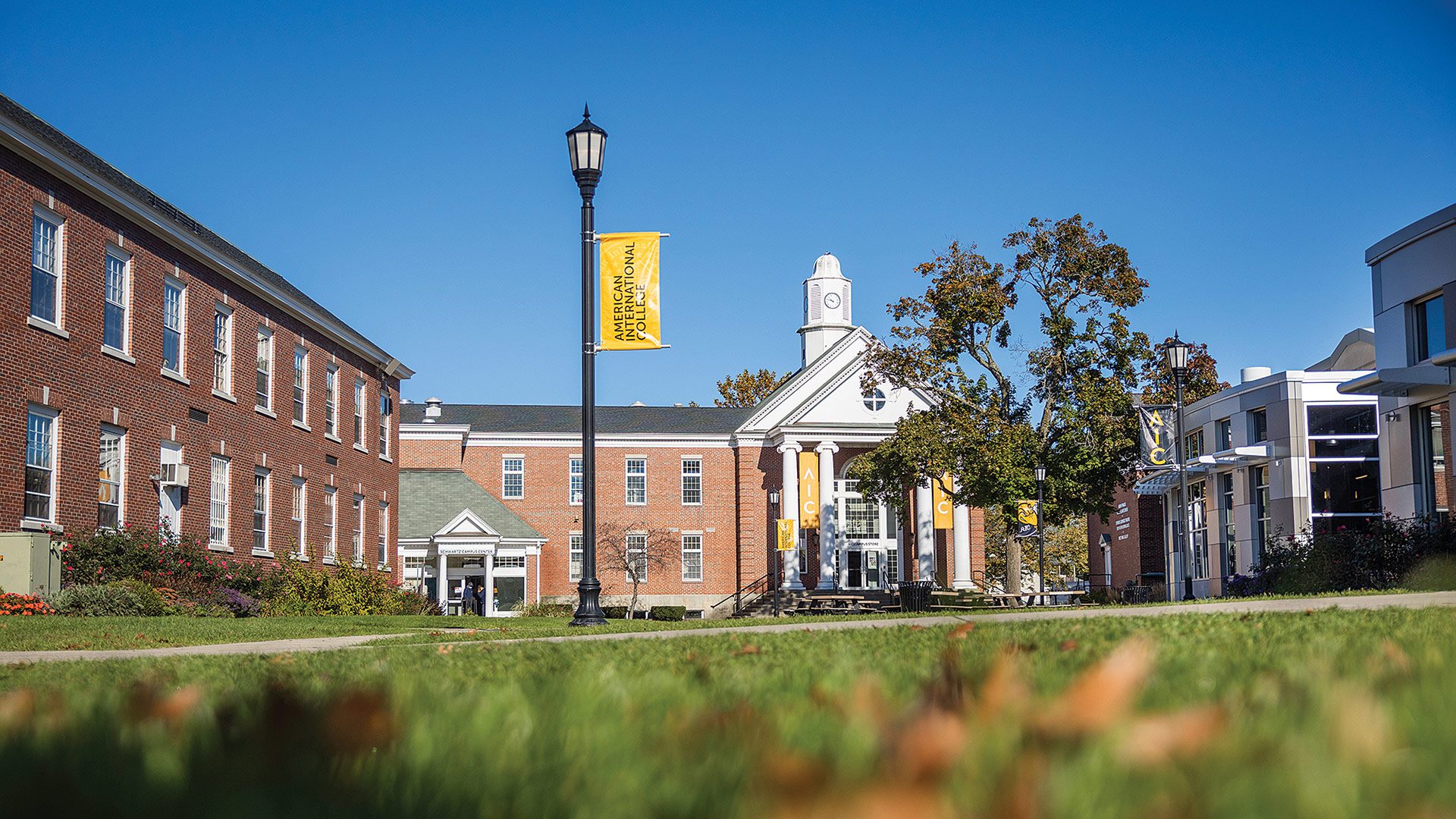
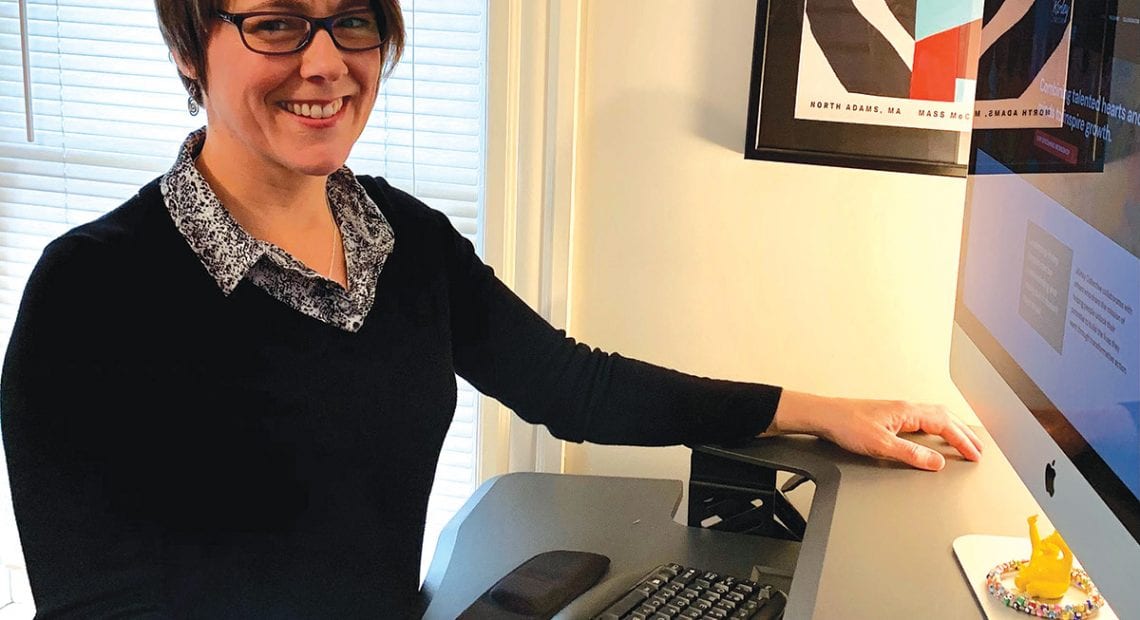
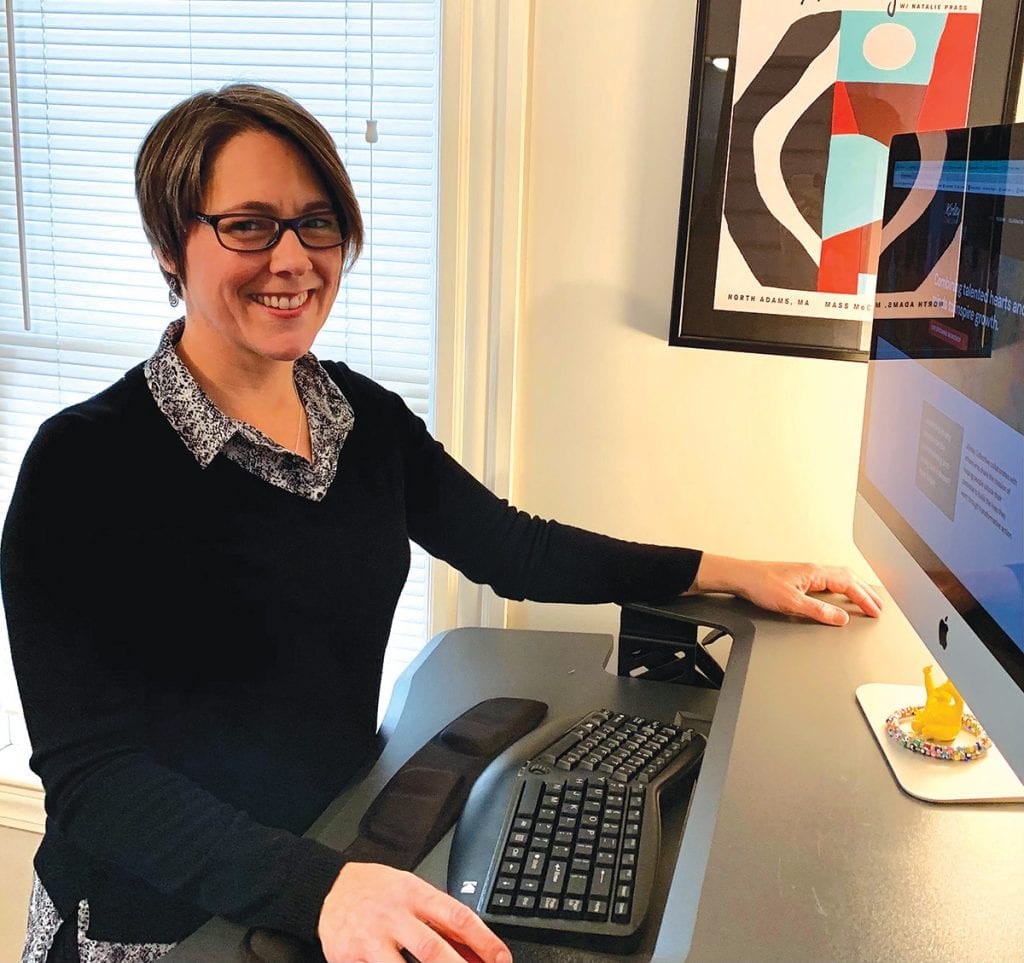 When Jessi Kirley took the reins at the Family Business Center in 2018, she was looking for a new challenge — and some meaning.
When Jessi Kirley took the reins at the Family Business Center in 2018, she was looking for a new challenge — and some meaning.
